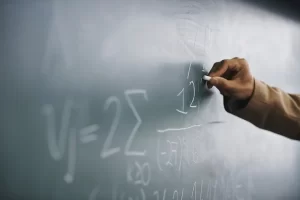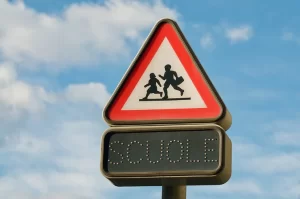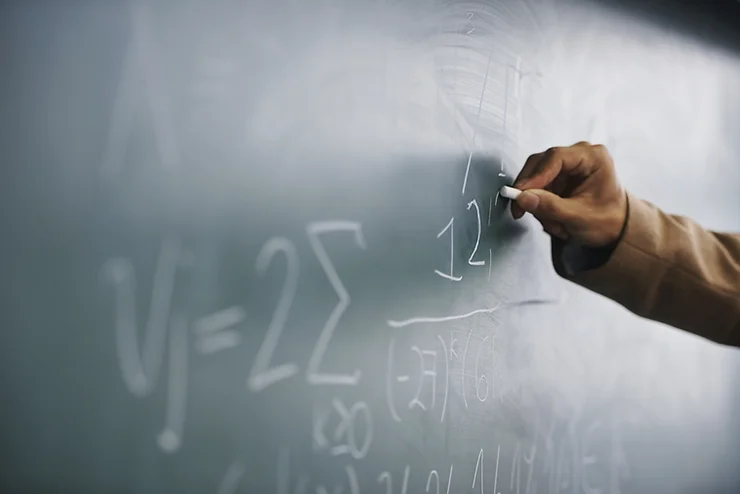We talk a lot about the root cause of issues, about what you can do to help your child if they are struggling, but how do you know they need help?
Here we will discuss 6 Reg Flags to be aware of that may indicate your child has an underlying issue.
They hate school.
Many times we brush off our kids when they say they hate school. We think it’s natural for them to hate school and of course they would rather be playing and doing whatever they want. Many times we will tell them that it’s something they just need to do. But have you ever wondered WHY your child hates school? Chances are there is a reason for this hate. And it may not be what you think it is. They may be falling behind, having a hard time with a subject, or just feeling frustrated that it’s not as easy for them as it appears to be for everyone else. If your child is saying they hate school, talk to them. Ask them questions and guide them through the discussion. They may feel embarrassed that they are struggling and may not be as forthcoming as you would hope so continue to keep dialogue open and ask pointed questions to get to the real cause.
Off-task Behavior, Distracted
Another red flag to look out for is if your child is regularly off-task or distracted while at school or in a learning environment. This could be caused by boredom with the subject, avoidance if it’s challenging, or it could be a physical struggle to maintain attention for an extended period of time. Take notice if the off-task behavior is only during a certain time or if it is constant regardless of time or subject being discussed. If you’re unsure what is causing the off task behavior, take notes and track when it pops up. Perhaps it is happening whenever there is a transition, when I ask them to do their homework, if they go to bed late, or maybe they had donuts for breakfast.
Anxious
When children struggle with feeling anxious, it can be a sign of an underlying issue. Children with anxiety will worry, or cling to their parents. They may have clammy hands or experience a racing heart beat. While experiencing anxiety at one time or another can be completely normal, if it becomes frequent and a more regular occurrence, it could indicate a larger issue lies beneath the surface.
Behavior Problems and Meltdowns
If your child is suffering from behavior problems or regular meltdowns, this could be a sign of an underlying issue or symptom of dysregulation. Children who struggle with dysregulation often have much more dramatic and much frequent meltdowns than their peers. This dysregulation could be a sign that something deeper is going on and it could even be linked to something as common as a viral infection.
Academic Difficulty
This one may seem more obvious, but if your child is struggling with academics, it could be a sign that there is an underlying issue. And that issue may not be academic related. Many students who struggle academically, do so because of another issue. So if you see that your child is still struggling academically after providing them with academic support or interventions, it’s worth investigating a little deeper to see if possibly the issue may be from nutrition, sleep or even hydration.
Struggles with Peers
Another sign of an underlying issue is that your child struggles with their peers. They may be shy, tend to keep to themselves, struggle making connections or empathizing with peers. If they don’t feel comfortable engaging with their peers, then they might dread a 7 hour day in a classroom. This can feel overwhelming for them and lead to “problematic” behaviors or shutting down.













